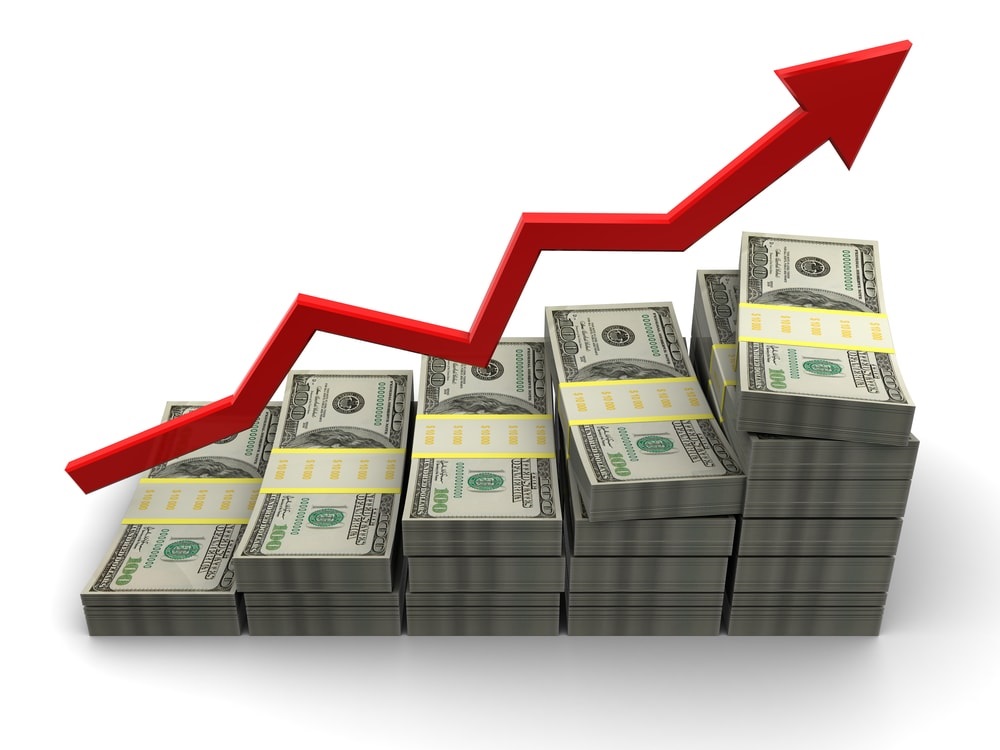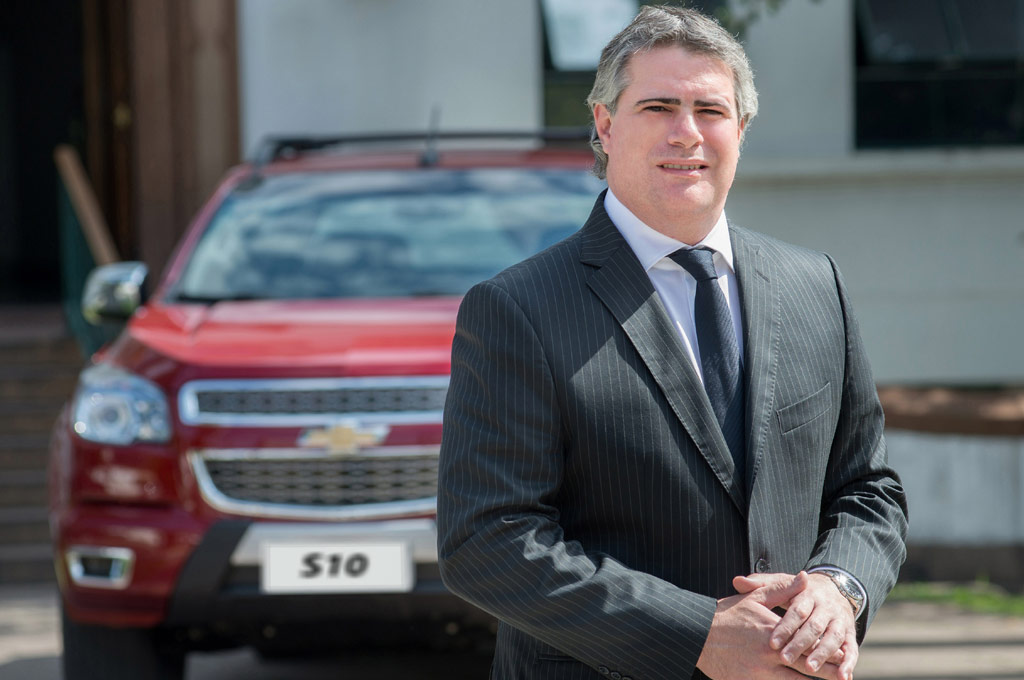RIO DE JANEIRO, BRAZIL – Domestically, a number of factors weigh on the exchange rate hikes, such as the country’s dollar outflow and the trade balance deficit in January.

Dollar appreciation is a concern for Brazilian importers. Even after optimistic news about the Coronavirus outbreak in China, according to economists, the slowdown of the international economy and, in Brazil, the recent decline in the retail and trade balance are weighing on the currency’s upswings.
Economist Fabio Silveira, managing partner of MacroSector Consulting, believes that the dollar is more attractive. “If the Fed (central bank of the United States) does not lower interest rates, the American government bond becomes more attractive. Investors are concerned about the outcome of the trade war with China, they seek refuge in safe currencies, such as the dollar”.
From the domestic perspective, some factors weigh on the exchange rate hikes, such as the outflow of dollars from the country, which totaled US$44.8 billion (R$179 billion) in 2019, and the trade deficit in January of US$1.745 billion – the worst result for the month in five years.
In addition, the retail sector interrupted seven straight months of growth and recorded a 0.1 percent drop in December compared to November, according to the Brazilian Institute of Geography and Statistics (IBGE).
Silveira points out that 70 percent of Brazil’s exports are commodities. “We are witnessing a global slowdown and, in particular, a slowdown occurring in the Chinese economy, particularly after the coronavirus”.
André Perfeito, chief economist of Necton Consulting, says that the worsening of the global scenario can be seen, including in the drop in commodity prices, on which Brazil depends. He says he believes the dollar should continue to rise further and reach R$4.60.
Concern
Paulo Castelo Branco, from the Industrial Machinery and Equipment Importers Association (ABIMEI), recalls that importers have been feeling the dollar’s escalation since last year. “We are working with the prospect that the dollar will rise further.”

Last week, the president of General Motors in South America, Carlos Zarlenga, said that the currency’s surge will drive the automaker to a readjustment in the price of cars. He recalled that 40 percent of the parts of a passenger vehicle are imported from abroad.
Olive oil is also affected by the currency. “We were only able to hold the prices of what we already had in stock, but that should last a month. We had to readjust up to 23 percent of the imported olive oils,” says Chania Chagas, a partner of Empório do Azeite.
“Since 70 percent of domestic production comes from Rio Grande do Sul and the state suffered a drought recently, this crop should only last three months. So, either consumers will not buy or they will have to pay at least 20 percent more for imported products”.
In the case of wines, the president of the Brazilian Association of Importers and Exporters of Beverages and Food (ABBA), Adilson Júnior, says that the sector has already been forced to carry out increases up to 12 percent, due to the exchange rate. “And the rate is already outdated.”
The pharmaceutical sector is also dependent on imports, and it monitors the rising dollar with concern. Since 95 percent of the raw material used to manufacture drugs is imported from abroad and prices are set, the companies are now working with the prospect of reducing the profit margin or reviewing hiring.
“The companies have planned to operate with the dollar at a maximum of R$4.10 this year. The sector is concerned and preparing to accommodate the increases. Hardly any company will stop making a programmed investment, but it may stop hiring employees for a promotional campaign, for instance”, says the CEO of Sindusfarma, Nelson Mussolini.
Source: O Estado de S. Paulo

